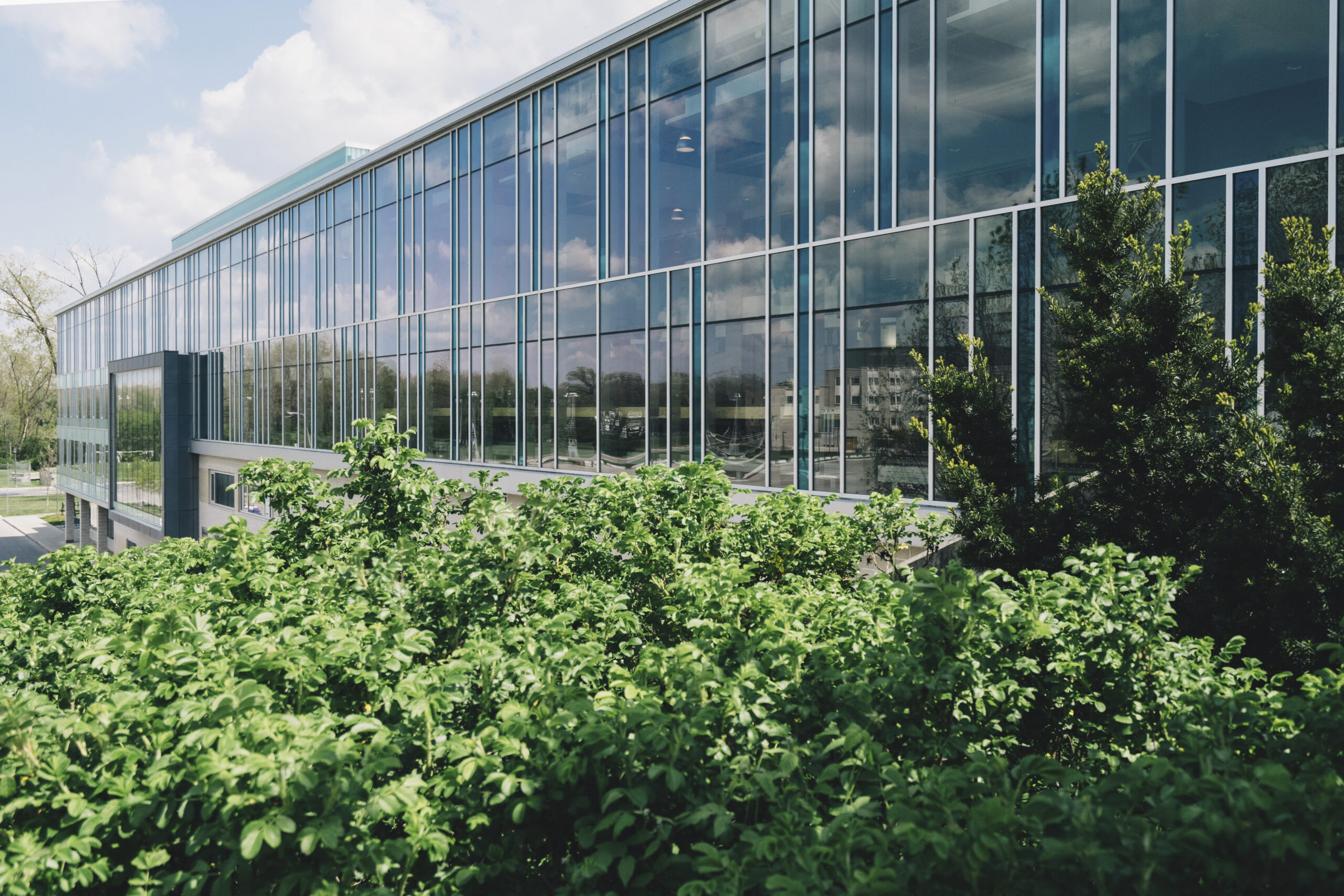
BUILD IN CANADA INNOVATION PROGRAM (BCIP)
BCIP is a permanent, competitive first purchase program offered by the Canadian government to allow small businesses in Canada to test and pre-sell technologies to

BCIP is a permanent, competitive first purchase program offered by the Canadian government to allow small businesses in Canada to test and pre-sell technologies to

Anchor firms play a crucial role in sustaining economic prosperity and fostering robust labor markets across various industries. Recognizing their importance, the Canadian government has

By 2050, the world’s population is projected to reach 10 billion, driving a substantial increase in the demand for food and sustainable materials. This growth

British Columbia (B.C.) is a hub for innovation, particularly in the fields of natural resources, engineering, and applied sciences. To foster this innovation and ensure

As Canadian industries expand, greenhouse gas emissions have become an urgent issue, with methane playing a significant role, particularly in the oil and gas sector.

In the burgeoning field of clean technology (clean tech), businesses not only contribute to a thriving market segment but also stand to benefit from substantial

The Alberta Bio Future (ABF) program encourages strategic alliances between businesses and academic, research and government institutions. These alliances must focus on novel or enhanced

BCIP is a permanent, competitive first purchase program offered by the Canadian government to allow small businesses in Canada to test and pre-sell technologies to

Anchor firms play a crucial role in sustaining economic prosperity and fostering robust labor markets across various industries. Recognizing their importance, the Canadian government has

By 2050, the world’s population is projected to reach 10 billion, driving a substantial increase in the demand for food and sustainable materials. This growth

British Columbia (B.C.) is a hub for innovation, particularly in the fields of natural resources, engineering, and applied sciences. To foster this innovation and ensure

As Canadian industries expand, greenhouse gas emissions have become an urgent issue, with methane playing a significant role, particularly in the oil and gas sector.

In the burgeoning field of clean technology (clean tech), businesses not only contribute to a thriving market segment but also stand to benefit from substantial

The Alberta Bio Future (ABF) program encourages strategic alliances between businesses and academic, research and government institutions. These alliances must focus on novel or enhanced